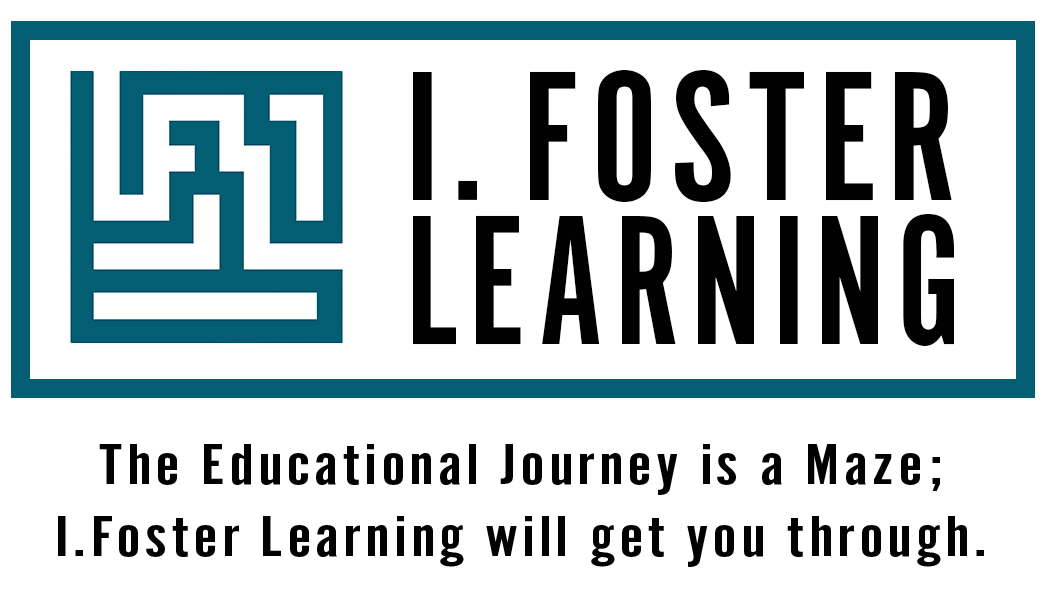Lessons Learned
As the 2022-23 college application process comes to an end, we’re looking back to see what lessons we can draw from our students’ results and overall trends in the admissions landscape. While there aren’t necessarily surprising revelations, we are reminded of important factors for students and families to consider:
-applying early makes a big difference. Many colleges are starting to withhold their early vs. regular admissions rates, so some guesswork is required to estimate the spread. But for colleges that offer an early decision option, the chances of admission are significantly higher than in regular decision: as much as 4 or 5 times higher. Applying early is not for everyone - keep in mind that if an offer is binding, the student has to go - without the option of negotiating a financial aid package. But for families who are anticipating paying the full sticker price, identifying an early decision target can be a crucial success factor in the application process.
-test scores can still make an impact. Some colleges, such as MIT, have rolled back test-optional policies - for students applying to those schools, the SAT or ACT are required. But for colleges that still offer a “test-optional” option, we saw that students who did submit competitive scores (those that fall at the upper end of the admitted class average) had better outcomes than those who didn’t submit scores. (You can see our earlier post about whether to pursue these tests in the first place).
-colleges seek excellence in many forms. IFL students who stood out on the athletic field, in mastery of languages, in exceptional leadership, and in consistent community-based engagement were granted admission to highly selective schools. This recognition is about work and grit as much as it is about talent: for students in the younger grades, there is still time to discover and commit to something with passion and focus.
-be flexible. The college process is an iterative one - the school that you are excited to attend may not be the one you started out thinking you would go to. We’ve seen that the more students and families are flexible in determining what defines success in the college process - evaluating it in terms of student engagement and growth rather than specific school acceptances - the more everyone involved tends to feel positive both about the journey and the destination.
